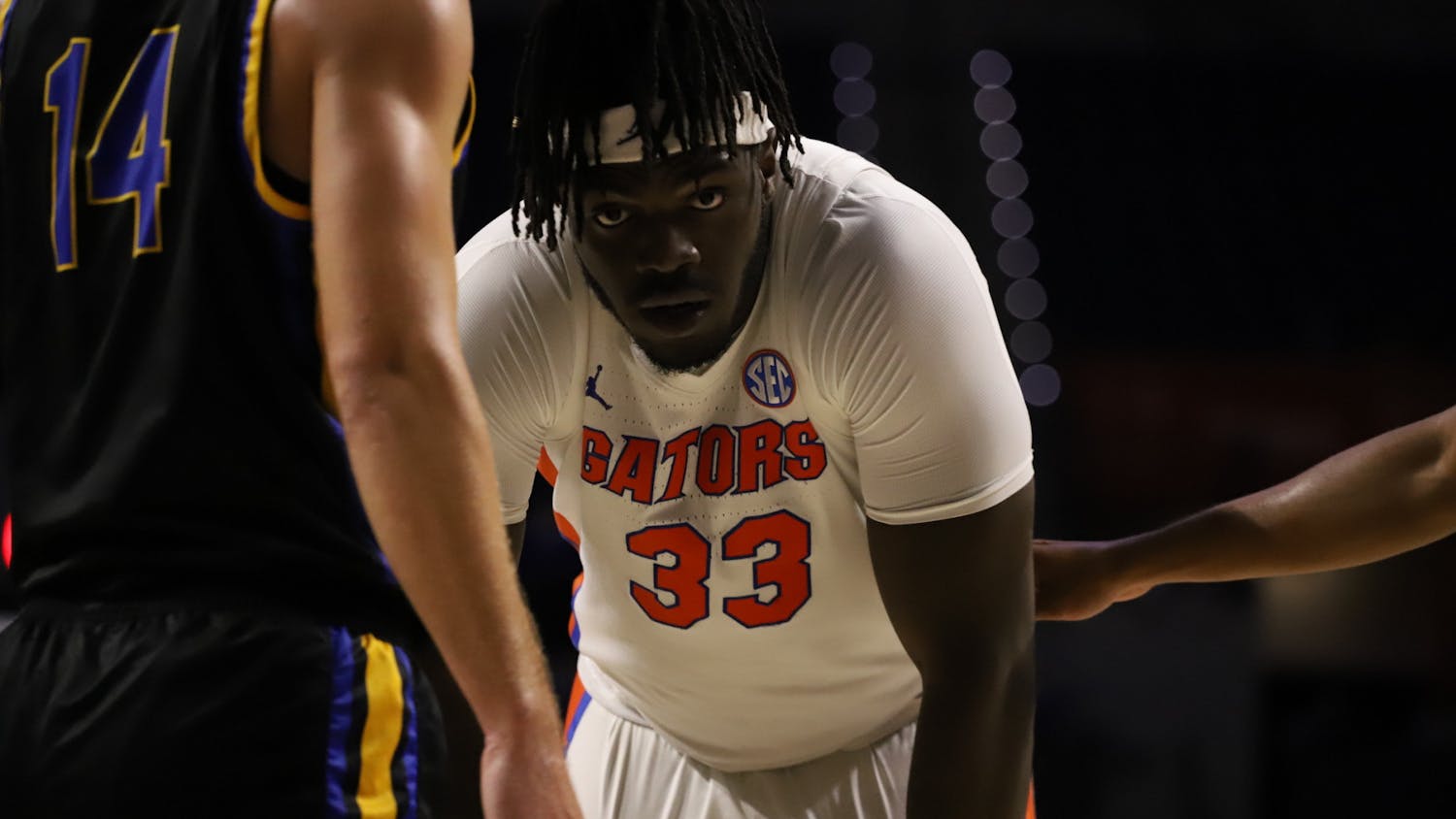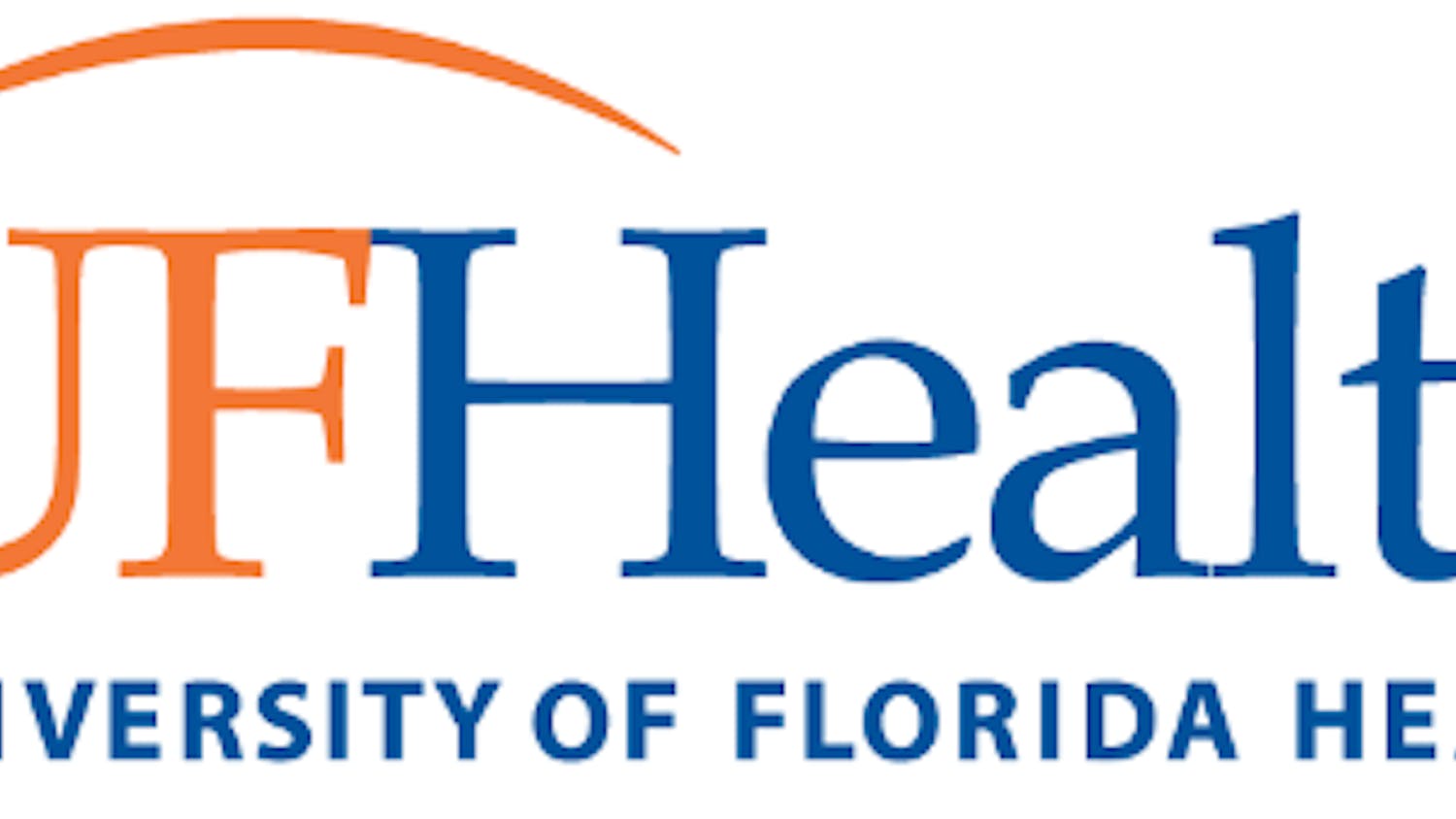Doctors at Shands at UF are able to perform a new technique to replace heart valves that may keep more patients alive.
A limited number of hospitals are authorized to perform the new procedure, called Transcatheter Aortic Valve Replacement. Shands at UF is the only hospital in North Central Florida to offer the procedure, said Dr. Anthony Bavry, a cardiologist and assistant professor at UF's College of Medicine.
Elderly patients are often affected by aortic stenosis, which is when the aortic valve narrows. This makes it harder for blood to flow.
In order to fix this, they could need surgery to replace the valve. Typically, that requires opening the chest to get to the heart.
But old age or other medical problems could make this surgery too dangerous, Bavry said.
Before the approval of the valve replacement, these patients were just treated with medicine. Some did not do well, Bavry said.
The new procedure presents an alternative. A catheter from a patient's leg delivers an artificial valve to the heart.
In clinical trials, 50 percent of patients who received a aortic valvuloplasty — a standard procedure — died after one year.
The new method of valve replacement cut that number down to about 30 percent, Bavry said.
"It's still a big procedure, but in a sense that the patients do not have to have their chests opened, it would be less invasive," Bavry said.
Bavry said it is a "true marriage" of interventional cardiology and cardiothoracic surgery. The multidisciplinary approach will make the process smoother and more efficient for the patient, he said.
Two cardiologists, Bavry and Dr. David Anderson, and two cardiothoracic surgeons, Dr. Thomas Beaver and Dr. Charles Klodell, work together throughout the procedure.
"I think it's a potentially revolutionary procedure," said Klodell, associate professor of thoracic and cardiovascular surgery.
He said the life-saving technology could extend and improve the quality of patients' lives.
"It's awfully nice to take what's a potentially lethal option and turn it into a viable, survivable one," Klodell said.





